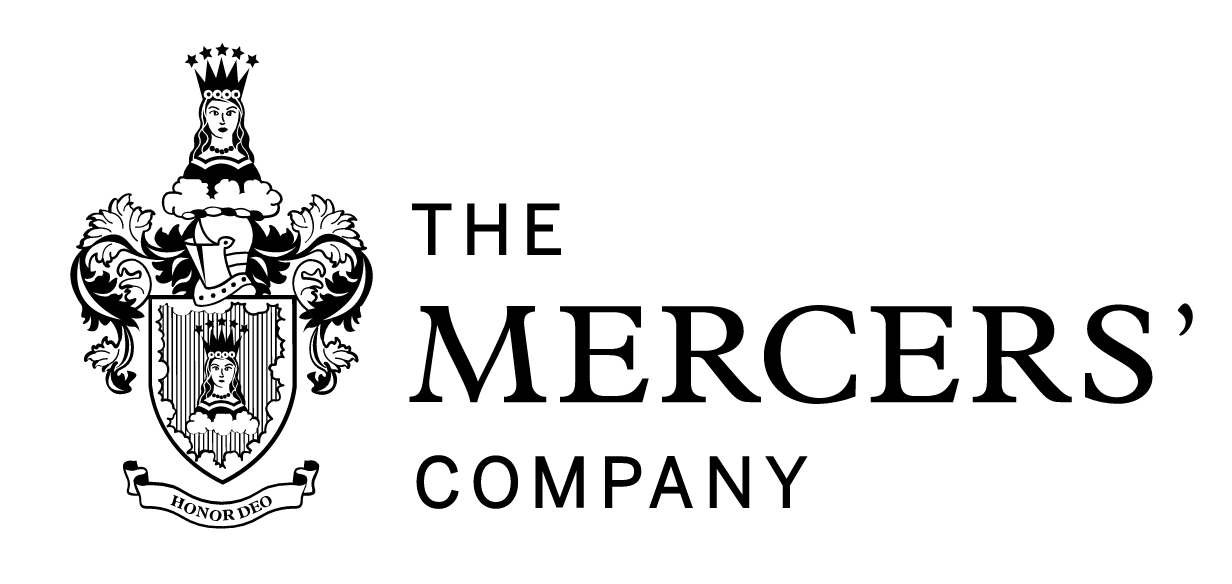The importance of early language development and communication in children is well-established. We know that these are crucial skills to nurture in the early years of a child’s life, and that language development provides the foundation for future learning and affects other areas including socio-emotional development.
The disadvantage gap in language development is also stark: pre-pandemic evidence showed that by the time children start school, those from the lowest income group are already on average 19 months behind children in the highest income group in terms of language skills. Research finding unequal learning loss during the pandemic gives us reason to believe that this gap is now even worse: by the end of the academic year 2020/21, primary school children from disadvantaged backgrounds had lost an additional half a month in reading compared to their more advantaged peers.
The significance of these skills is reflected in the new Early Years Foundation Stage (EYFS) framework – the statutory assessment used to determine young children’s attainment – which includes a focus on strengthening early language and extending vocabulary. The need to support staff to improve children’s language development has also been recognised in the government’s decision to provide additional funding over the next three academic years for training for early years staff, including key areas of speech and language development as part of the Early Years Professional Development Programme.
As well as these national policies, there are many charities with programmes working to support children to improve language and communication development and tackling associated disadvantages. One such programme is the Mercers’ Company’s Early Years Special Initiative, which is funded by the Charity of Sir Richard Whittington. The Initiative supports organisations working to improve the educational attainment and life chances of young children and families facing disadvantage in London. Since its launch in 2019, ten diverse projects have been funded for a period of three years.
The Education Policy Institute is working with each of the programmes, acting as a ‘critical friend’, supporting them with an evaluation framework and drawing out lessons learned across all programmes in the Initiative. A selection of the programmes demonstrate different approaches to improving early language and communication.
The National Literacy Trust (NLT) conduct research and campaigns, as well as deliver programmes to help combat illiteracy. NLT’s Early Words Together for London (an expansion of their existing Early Words Together Programme) is a six-week programme delivered by early years practitioners in children’s centres and private, voluntary and independent early years settings, focusing on developing communication, language and early literacy skills. The programme trains early years practitioners; equips parents and carers with the skills and confidence needed to support their child’s early literacy, communication and language skills; and produces digital resources for families. In year two, 95% of staff who received the programme training provided feedback to say that they felt confident about putting what they had learned into practice.
Another organisation funded under the Mercers’ Company’s Initiative is the Centre for Literacy in Primary Education (CLPE), a charity working to raise the achievement of children by working with schools to teach literacy more effectively. They provide well evidenced, creative, literacy training and resources to support classroom teaching and learning. This project is a partnership between CLPE and the Dollywood Foundation UK. The project aims to improve outcomes in literacy for reception-age children by developing teacher subject and pedagogic knowledge of how texts can support the development of communication, language and literacy in the early years and by ensuring children have access to books in their school and home environment. CLPE is now entering its second year of the Early Years Special Initiative. In the first year, all children received a monthly book at home. The unique experience of every child having a copy of the same book has enabled the schools to provide a continued focus on reading and vocabulary during periods of remote learning. The teachers also shared techniques and approaches from the training sessions with parents to use with these books. Seven (out of thirty) schools also self-funded the book gifting programme for other cohorts, seeing the value this would have for all children.
Finally, the organisation Catch Up is entering its second year of the Early Years Special Initiative. Catch Up is a charity with over 20 years of proven impact. The Catch Up Literacy and Numeracy interventions benefit 500,000 six to fourteen year-old children with difficulties in attaining their expected, age-appropriate levels of literacy and numeracy. There is already considerable evidence of the effectiveness of the interventions in enabling pupils to increase their numeracy and literacy skills and closing the attainment gap. The Early Years Initiative is funding Catch Up to undertake an action research trial to create scalable EYFS Catch Up interventions that build schools’ capacity and enable teaching assistants to support reception year pupils who are falling behind in reading and numeracy. Following very positive feedback from schools they worked with in their first year in Tower Hamlets, Catch Up are working with six more schools in Islington.
At a time when children’s early learning and language development has been disrupted due to the pandemic, these programmes offer innovative approaches to support children’s language development and communication. Importantly such programmes have the potential to reduce inequalities and close early learning gaps.
Further information on the Mercers’ Early Years Initiative and its programmes can be found here: https://www.mercers.co.uk/philanthropy/young-people-and-education

